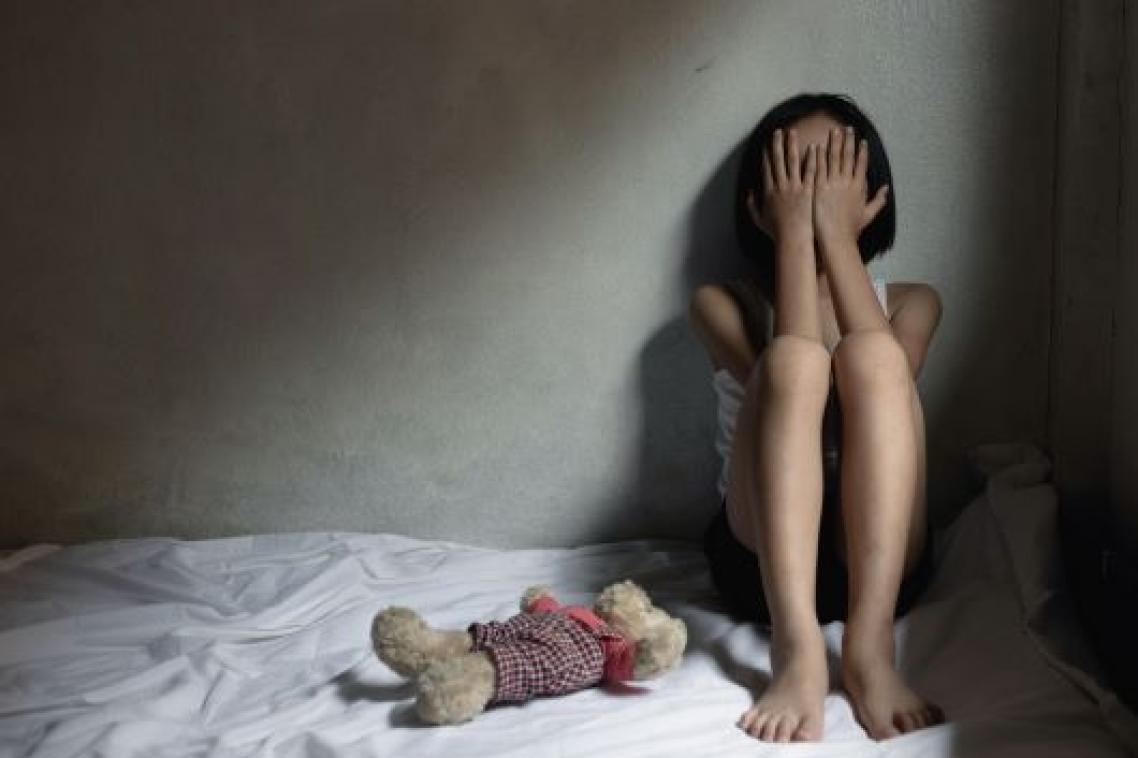Participants with PTSD and complex PTSD needed for UQ study

University of Queensland researchers are seeking participants diagnosed with PTSD and complex PTSD for a clinical study aimed at improving understanding of its impacts on the brain and overall well-being.
Study Lead Dr Lena Oestreich from Australian Institute for Bioengineering and Nanotechnology and the School of Psychology said there was little known about complex post-traumatic stress disorder (PTSD) despite the condition being recognized regularly by psychologists and psychiatrists.
“Early estimates from around the world tell us that over 4 per cent of the population will experience complex PTSD at some stage in their life,” Dr Oestreich said.
“A traditional PTSD diagnosis is often associated with an acute trauma, such as a car accident or war.
“But complex PTSD is mostly diagnosed in people who are exposed to repetitive or ongoing traumatic situations, like domestic violence or child abuse.
“People with complex PTSD often have trouble managing their emotions, struggle with low self-esteem, and find it hard to form and maintain healthy relationships over time.
“We want to create a biobank – or database – so we can truly understand what is biologically driving the disorder and what the potential treatment targets could be.”
The researchers will collect a range of information from participants, including questionnaires, MRI data, and blood samples.
“We will also ask participants to wear a smartwatch for seven days to track sleep duration and quality, as well as heart rate variability,’ Dr Oestreich said.
“The aim of this clinical study is to create a publicly available database that will allow for further research into complex PTSD, hopefully leading to clinical trials to result in better treatment options for psychiatrists and psychologists.”
Dr Oestreich said the treatments that currently exist for this condition can be ineffective and triggering for the patient.
“For example, Eye Movement, Desensitisation and Reprocessing (EDMR) is a therapy commonly used when treating those with traditional PTSD, where patients work with a therapist to recall and process specific traumatic memories,” she said.
“For those with complex PTSD, this approach can be challenging because the trauma is often prolonged and cumulative, making it difficult to pinpoint specific events or identify a clear cause.
“If we can pinpoint what biological factors contribute to the disorder, we can develop more effective treatments.”
Participants who are over 18 years old and have a current diagnosis of PTSD or complex PTSD are eligible to participate in the study.
More information and registration to participate is available here.
Media contact
UQ Communications
communications@uq.edu.au
+61 429 056 139
Topics
Related articles

National guidelines to revolutionise concussion treatment
Brisbane woman runs 50km for 50 days to break barriers for para-athletes
Media contact
UQ Communications
communications@uq.edu.au
+61 429 056 139
